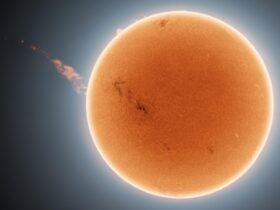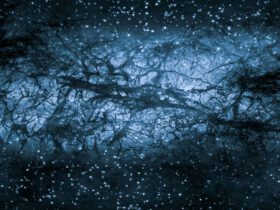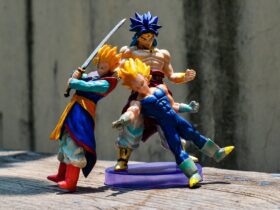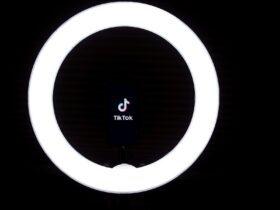Following a significant solar outburst, NASA astronaut Bob Hines captured an aurora on video from the International Space Station on August 17.
According to SpaceWeather.com, the northern lights emerged when the Sun flung enough charged particles towards our planet to cause a moderate or G2-class storm. Check out below the exclusive photos and more details of the phenomenon.
A Solar Storm Caused a Dazzling Aurora in Space
On August 12, NASA astronaut Bob Hines photographed a stunning display of auroras from the International Space Station (the ISS).
Absolutely SPECTACULAR aurora today!!!, Hines posted on Twitter, along with several pictures of the sun-generated storm that hit the atmosphere of Earth.
Take a look at the incredible phenomenon:



Thankful for the recent solar activity resulting in these wonderful sights, added Hines.
Insights
The northern light, also known as the aurora borealis, arises when the sun shoots a swarm of charged particles towards our planet. Such a process is called coronal mass ejection.
Because the particles have an electrical charge, they are drawn to the Earth’s magnetic field. What an extraordinary yet peculiar phenomenon, right? And that’s not all!
Sunlight particles move along magnetic lines near our planet’s poles, producing a glow as air molecules are ‘stimulated’ by electrical activity. Furthermore, solar storms on Earth are usually harmless, although large bursts of space weather can cause infrastructure difficulties by shorting out power lines, satellites, or other devices.
Hines, his team, and anyone in space must also be aware of radiation linked with space weather and cosmic rays emitted from deep space. With that in mind, medical professionals monitor astronaut health before, during, and after space missions.
Check out another incredible shot of an aurora storm captured by astronaut Samantha Cristoforetti from the ESA:
In those bright nights around the full Moon you can see features on the planet surface even at night. From the Cupola the view is “upside down” – flying above clouds feels like looking up at the sky from Earth. Cloud gazing and stargazing at the same time! https://t.co/NyB2TQ7oIu pic.twitter.com/i7eXdO4RtE
— Samantha Cristoforetti (@AstroSamantha) August 16, 2022















Leave a Reply